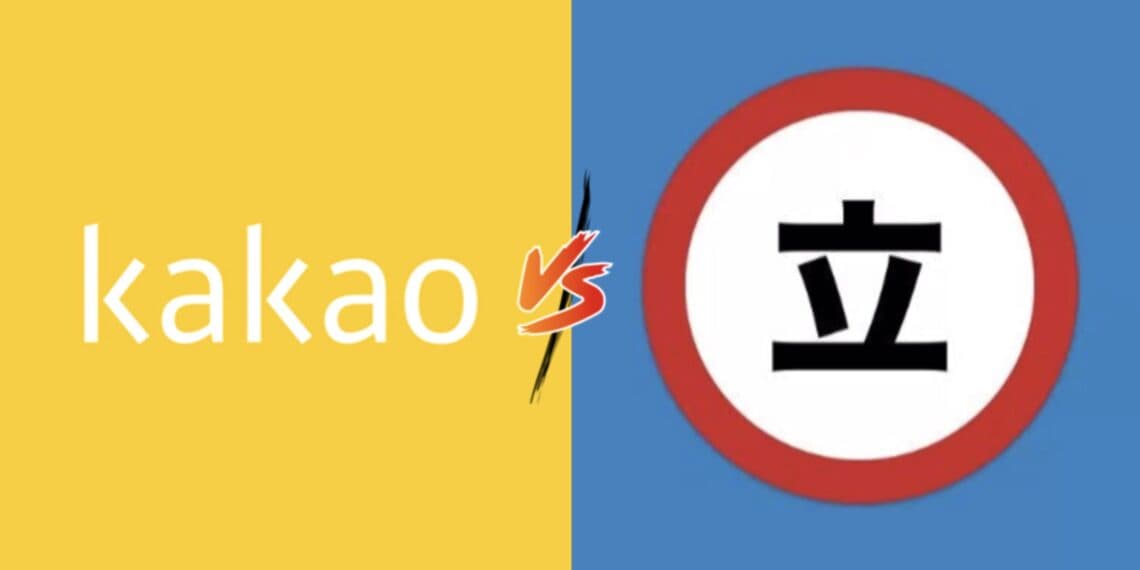The extraordinarily popular manga and webtoon piracy app Tachiyomi has been shut down after years of illegal operation. Manga publishers have struggled with rampant online piracy draining revenue, and Tachiyomi facilitated access to vast troves of copyrighted content for free.
After meticulous tracking efforts, Korean internet giant Kakao successfully identified the operators behind the Tachiyomi app and forced its closure.
This represents a major victory against manga piracy at a time when the industry is booming yet plagued by illegal distribution.
Takedowns of major piracy sites like Tachiyomi highlight the ongoing ethics debate around accessing content for free versus compensating creators.

While fans argue for accessibility, artists and publishers emphasize how piracy severely impacts their livelihoods.
There are still many complex factors around manga piracy, but major publishers are banding together with tougher legal tactics against major offending sites.

The shutdown of an app as enormously popular as Tachiyomi will likely keep making waves across the manga industry and fan communities in months to come.
Cracking Down on Manga Piracy
In a major breakthrough, Kakao has uncovered the real-world identities of three Tachiyomi executives, including the elusive founder who spearheaded operations.

Now, Kakao can directly pursue legal action against these individuals for infringing copyright law through the app’s rampant piracy.
A Kakao spokesperson said pinpointing the people responsible will enable more impactful civil and criminal cases, leading to a meaningful dent in illegal manga distribution overall.

This takedown has been a joint effort between Kakao Entertainment and Japanese publishers banding together to combat the epidemic of manga piracy systematically.
Legal experts expect the revelations around Tachiyomi’s leadership identities will set influential new precedents in copyright enforcement.
Successfully prosecuting not just a website but real people directing large-scale manga piracy signals a major shift.

The fallout may deter other operations from facilitating access to huge illegal manga repositories.
With identities exposed, the Tachiyomi founders face intense scrutiny and court battles.
But Kakao’s collaboration with Japan also represents a growing cross-border willingness to root out piracy damaging booming manga markets.
Tachiyomi’s Closure Signals a Coordinated Global Battle Against Manga Piracy
Manga fans have observed intensifying efforts against piracy recently as publishers maximize official distribution channels while still seeing revenue drained by illegal sites.

Tachiyomi’s shutdown is the latest feat in an ongoing cross-border crackdown.
For years, manga piracy has festered with little real backlash, but the booming worldwide manga industry has galvanized publishers to protect their intellectual property.
As Korean webtoon and Japanese manga viability balloons globally, publishers are coordinating to limit pirated distribution via lawsuits where possible.

Identifying three Tachiyomi operators is one acute victory, but media experts say this heralds a broader, structured legal campaign against individuals promoting manga piracy to come.
Establishing a real precedent that people directing mass copyright infringement will face prosecution is key.

The collaborating Korean and Japanese publishers are playing a long game, not just targeting major pirating apps but reshaping enforcement norms.
While fans have benefited from lax piracy oversight before, the coordinated publisher effort marks a new era.
Tachiyomi’s fall sets an example, but the complex, global manga piracy problem persists.

Just identifying culprits behind one app is still far from comprehensive solutions, and that may take years more of inter-industry cooperation.
More About Tachiyomi
On the surface, Tachiyomi appeared to be an innocuous manga reader app with useful features for fans. Users could easily organize and track custom libraries sorted by genres, creators, reading progress, and other categories.
But its additional extensions unlocked more nefarious functionality.

Tachiyomi provided quick access to vast troves of pirated manga, manhwa, webtoons, and other media through those extensions.
The app connected fans to boundless copyrighted content from major platforms to dive into, essentially facilitating theft from creators and publishers.

So, while formatted as a sleek manga reader, Tachiyomi’s extensions reveal it effectively served as an elegantly designed pipeline tapping into illegal distribution channels.
Its shutdown cuts off that steady supply of pirated comics to fans who embraced the app specifically because of this unlimited, free accessibility it enabled.

Tachiyomi reflects the broader challenge around manga piracy – applications disguising themselves as basic reading tools while secretly enabling access to mountains of copyright-infringing media.
For creators and publishers losing revenue, it represented yet another hydrahead of a massive problem.










